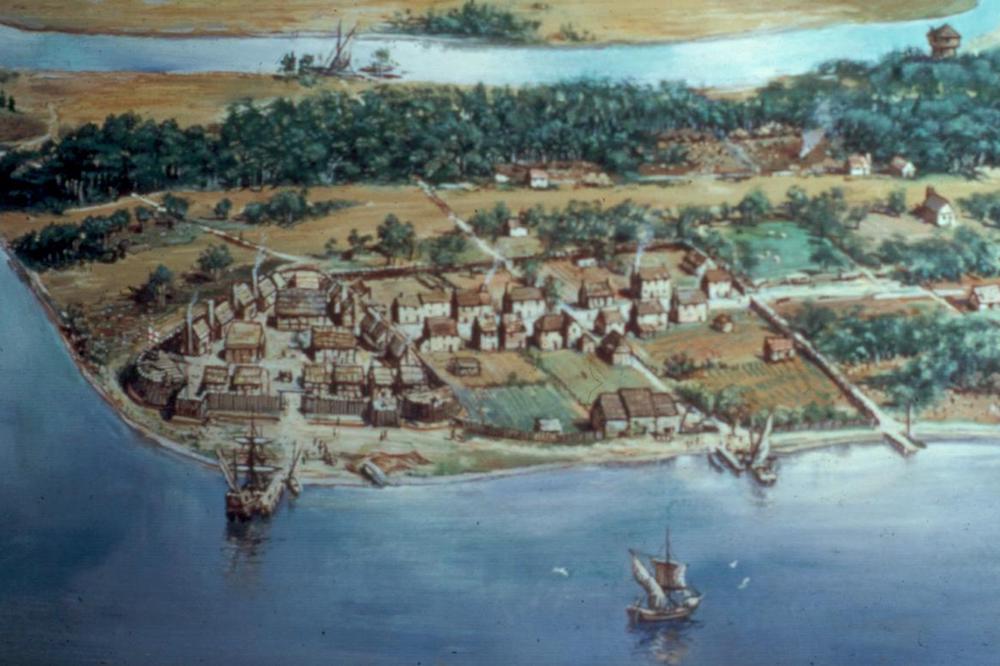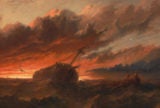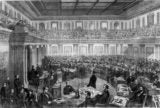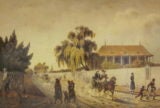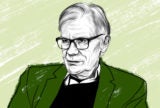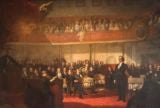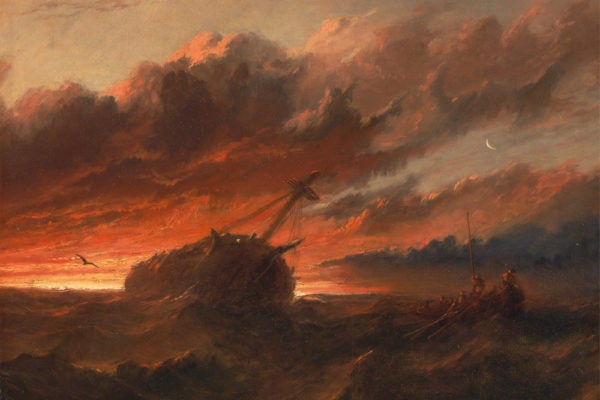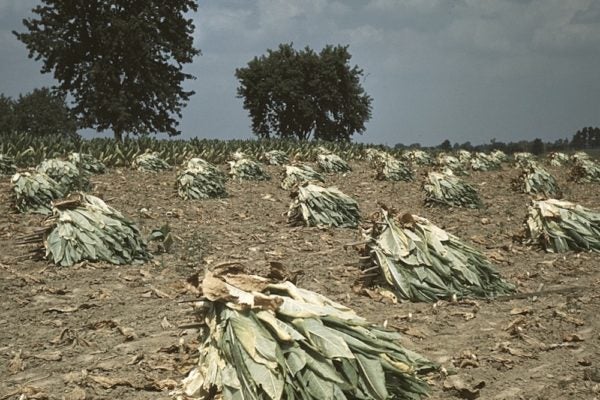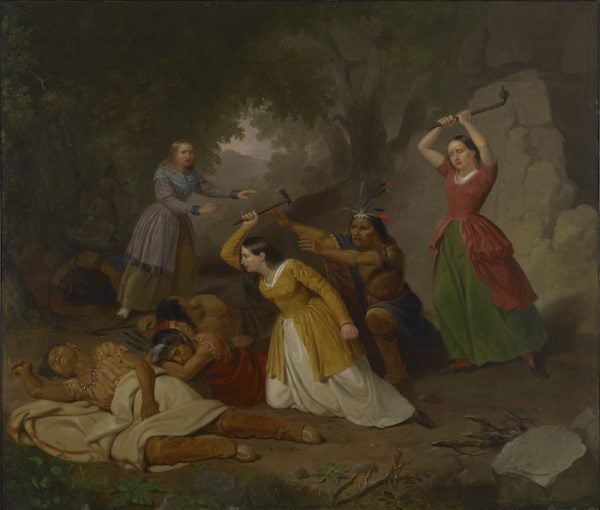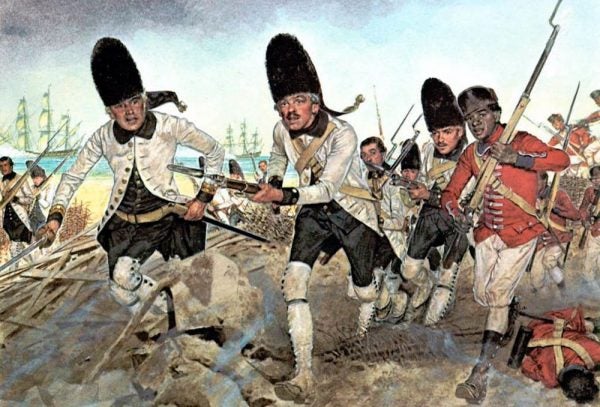In Colonial Virginia It Was the Kids Who Mixed the Cultures That Became American
Both the English and the Native Americans Used Children to Learn the Mysterious Ways of Their New Neighbors
In 1608, Thomas Savage, age 13, arrived on the first ship from England bringing supplies to the newly founded Jamestown colony. He had been in Virginia just a few weeks when he was presented as a gift to Wahunsenaca, the great Powhatan who ruled over most of the people along the rivers leading into the lower Chesapeake Bay area. In return, Powhatan gave the English a young man named Namontack.
Such exchanges of young people were considered normal. As English expeditions began to venture into the continents across the …




